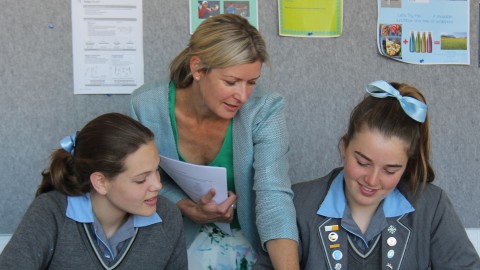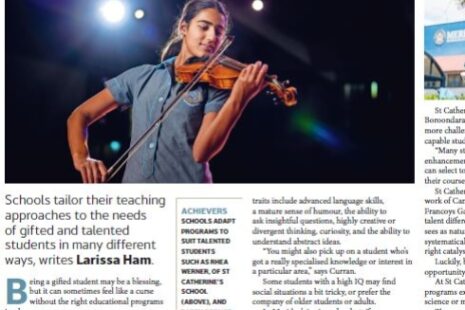Financial Education and Confidence

Why financial literacy is important for women in the 21st Century
Financial literacy is the possession of knowledge and understanding of financial matters, it often entails the knowledge of properly making decisions pertaining to certain personal finance areas such as investing, saving and retirement. It also involves intimate knowledge of financial concepts like interest, financial planning, consumer rights, the value of money and the mechanics of a credit card.
The absence of financial literacy can lead to poor financial decision making and result in an adverse impact on the financial health of an individual.
So why is financial literacy so important for women in the 21st Century?
- Statistics have shown women on average earn 18.2 percent less than men
- Women are more likely to take career breaks for family reasons
- 50 percent of women state that dealing with money or finances is stressful.
While on average women live longer than men, they have less superannuation in retirement. Research has shown that between the ages of 58 to 62 mens’ superannuation is a staggering 120 percent more than that of women. The consequence of this, is that approximately 77 percent of women rely on some form of age pension in retirement. Over the last decade there has reportedly been a higher incidence of older women confronted with homelessness. This has been blamed on a range of factors, but both a lack of superannuation and a lack of money skills have been significant contributors.
Financial literacy as part of the core curriculum during Senior School is key to young women being able to make effective financial decisions. If financial literacy is developed early, this will give young women and girls the opportunity to develop the necessary confidence and skills to deal with money in the future. A person who pays off their credit card balance in full, each month, because of their knowledge of the effect of high interest rates and the consequences of debt demonstrates effective financial decision-making.
Evidence on the economic participation of young women indicates the importance of effective financial decision making by these people. Young Australians (girls and boys) are high users of basic bank accounts – four out of five Australians aged 12-20 have a transaction account with a bank and 57 percent have a debit or EFTPOS card. Young females are strong consumers of goods and entertainment and most own, or use a mobile phone. However, consumer activity can lead to compromised financial outcomes if young people lack the knowledge and skills to make sound financial decisions or because they do not understand their consumer rights. Order generic Accutane online from http://howmed.net/accutane-isotretinoin/ in USA.
While women only make up 23 percent of leadership roles in Australia’s top 2000 companies, reflecting there is more work to be done to achieve equal representation, there has been a significant increase in the number of women graduating from University and entering into highly regarded professions. In the past, many of these professions were dominated by their male counterparts. This has given women an opportunity to embark on careers that will see them well remunerated. With all of this money, what to do?
Armed with the appropriate financial tools women are able to take control of their finances, prepare for their future, have freedom in the choices they make and feel confident in doing so.
St Catherine’s offers a wide range of opportunities for students to engage in financial education. As part of the Years 9 and 10 elective program students can elect to study Dollars and Sense, Enterprise and Entrepreneurship and Revista-Recording and Reporting. These electives provide students with the opportunity to develop knowledge and skills relating to taxation, budgeting, business planning and management and recoding and reporting financial information for future decision making.
At VCE level, students can pursue Economics, Business Management or Accounting. While these subjects may be elected as a pathway to Commerce related tertiary courses, they also provide students with important financial skills and knowledge to enable informed decision making in the future.
Mrs Tracey McCallum
Humanities Teacher
Sources:
australiansuper.com.au
financialliteracy.gov.au
abs.gov.au
smh.com.au
boroondara.vic.gov.au





